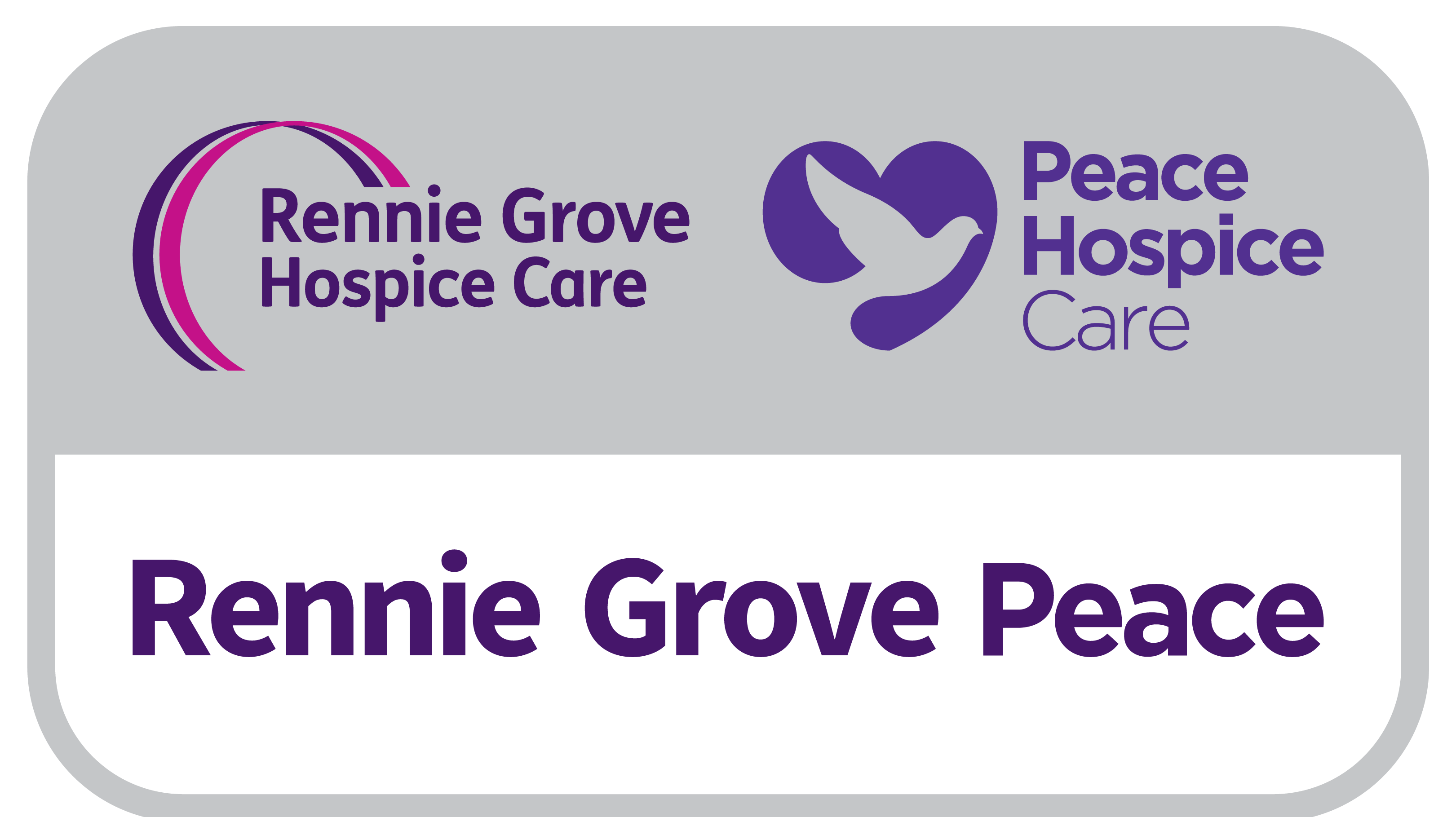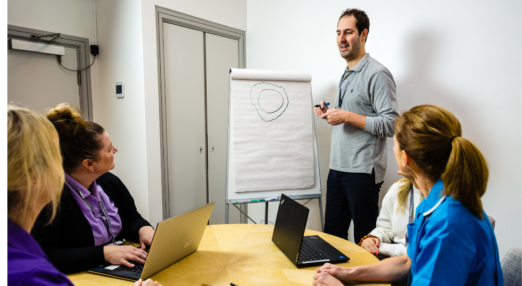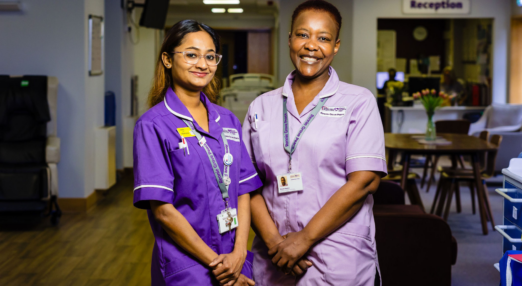Celebrating excellence at our Annual Conference
October 2023 saw our first annual clinical conference as a newly merged organisation, which built on the success of the previous 26 Rennie Grove Conferences. For the third year, the amazing team at MMG events supported us to deliver the broadcast. A number of expert speakers from across the county came together to highlight some of their innovative projects and celebrate the excellence in everyday work in palliative care. Delegates who joined virtually from a range of different clinical settings had the opportunity to learn, pause and reflect. Leaving the event with lots of new themes and ideas to explore further and inform their future clinical practice. The conference was described as ‘excellent, very informative, insightful and thought provoking’.

100% were satisfied with the conference programme, structure of the day, booking and communications.

100% agreed that the event increased their knowledge and understanding.

100% were satisfied with their overall experience.
"A great conference, extremely insightful and engaging"
"Excellent speakers, great variety of topics, incredible valuable and fascinating"
"Very thought provoking, lots to reflect on, lots of learning to take forward in my practice, lots of themes and ideas to think about further"
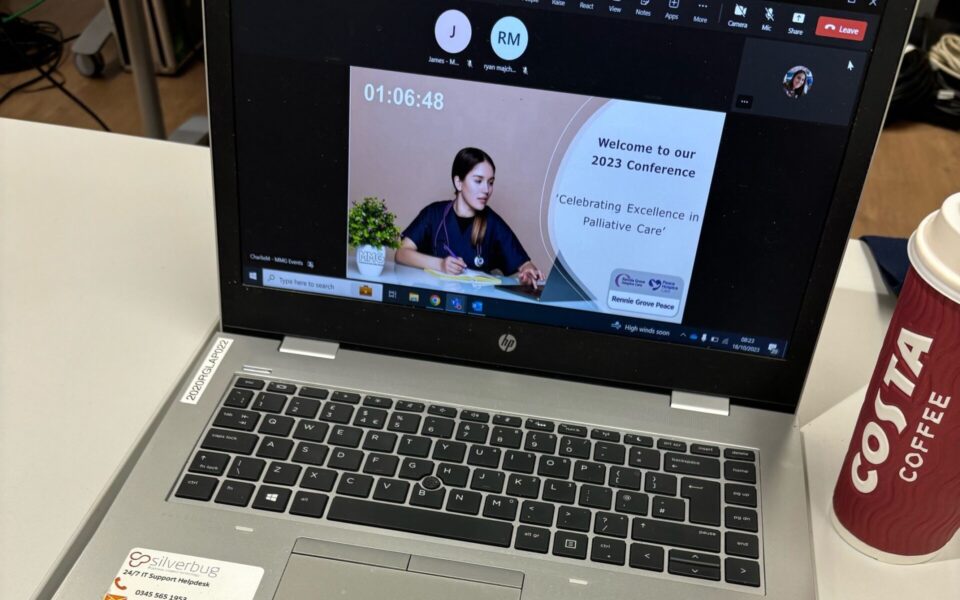
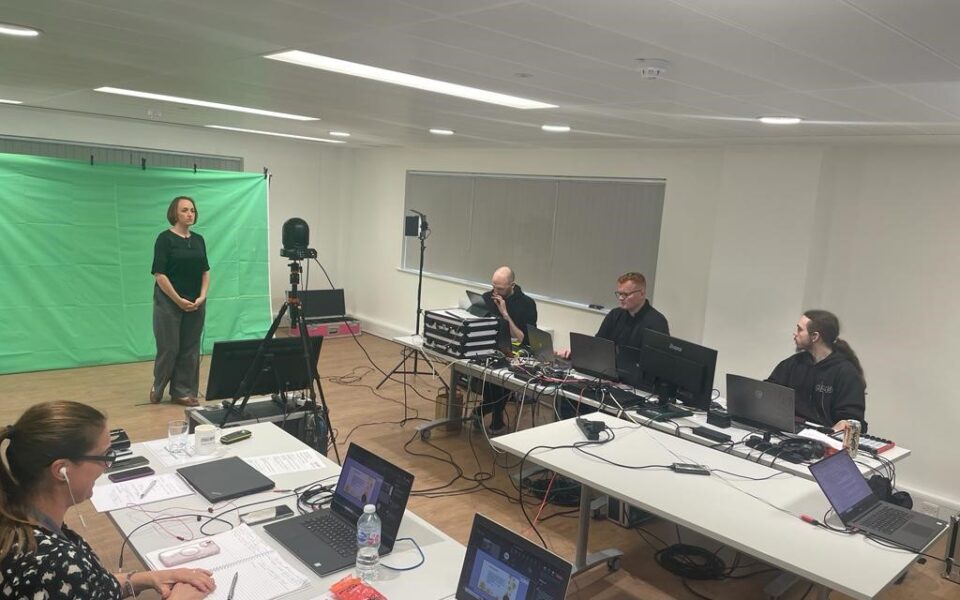
Our speakers at the 2023 conference
We welcomed speakers from across the country, who shared this drive and passion for excellence, as we shone a light on some of their achievements.
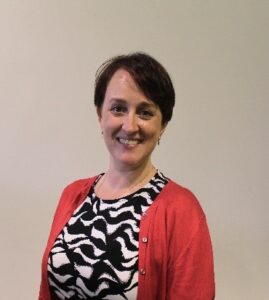
Chair’s welcome and introduction
Sarah Klinger is the Medical Director at Rennie Grove Peace Hospice Care (RGPHC) and a Consultant in Palliative Medicine. Sarah worked at Peace Hospice Care since 2013 and prior to this was a Specialist Palliative Medicine Specialist Registrar on the London Deanery Training Scheme. Sarah holds an MSc in Palliative Medicine and was awarded Fellowship of the Royal College of Physicians in 2017. She is responsible for the provision of specialist palliative care medical services to patients at RGPHC and is the Caldicott Guardian for the organisation with responsibility for the secure handling of clinical information.
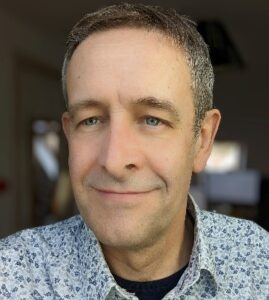
‘Reason to be Cheerful Part 1’
Mark had several management roles in NHS Scotland and then spent four sweaty and rewarding years capacity building in Ghana. Next he led the Multiple Sclerosis Society Scotland for 9 years. This period saw the development of respite services for people with advanced MS and complex needs, the establishment of a major MS research centre at Edinburgh University, the development of the Scottish MS register for population-based research, and successful advocacy for national standards for neurological services. Mark joined Scottish Partnership for Palliative Care (SPPC) in 2009. SPPC exists to improve people’s experiences of living with serious illness, dying and bereavement. The 100+ organisations in the Partnership span all sectors. For over a decade SPPC’s public-facing alliance Good Life, Good Death, Good Grief, has promoted supportive attitudes and behaviours and community-led action relating to death, dying & bereavement.
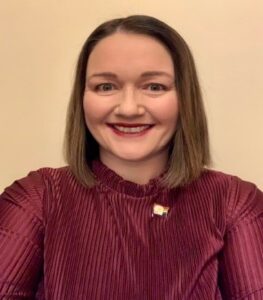
‘Systems approach to a co-designed career development and progression framework in palliative and end of life care.’
After completing nursing degree and training in Australia, Mel worked in various oncology and haematology settings in various roles including Clinical Nurse Specialist, Manager Day Patient Oncology Centre – co-ordinating radiotherapy for people living in rural and remote areas and completing Post Graduate Diploma in Oncology and Supportive Care and Post Graduate Certificate in Public Health. During this time she developed a passion for palliative and end of life care. Moved to the UK in 2012 and have been working with Marie Curie since 2013, first as a Registered Nurse in the Hospice and then moving into education and training with a focus on person-centredness and practice development. Over the last 12 months she has taken on the programme director role of Project ECHO at Marie Curie, implemented and embedded resilience based supervision and led the implementation of Marie Curie’s Career Development and Progression Framework focused on the skills, knowledge and capabilities required at each level of practice in palliative and end of life care.
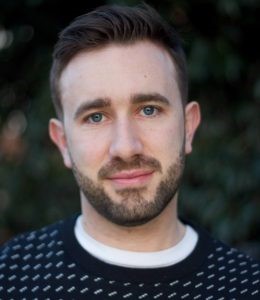
‘Utilising technology to change the way in which society thinks about and plans for death.’
James is the founder of MyWishes and the Digital Legacy Association. He also holds a post as the digital research fellow at Michael Sobell House and Harlington Hospice.
James consults various governmental and non-governmental organisations in areas relating to death and the internet. He often provides thought leadership in areas relating to death, bereavement and technology. James’ appearances and publications range from BBC Breakfast and Morning Live to the New Scientist and the Guardian. MyWishes is an end of life planning software that empowers the general public to document and share their advance care plans and wider end of life preferences. The Digital Legacy Association is the global association dedicated to improving awareness and standards in areas relating to digital asset planning and digital legacy safeguarding.
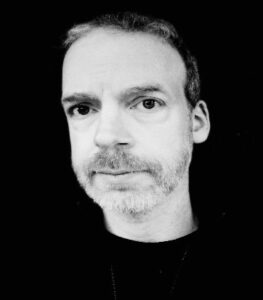
‘Making ‘virtual’ a reality in palliative care settings – experiences from a cancer centre.’
Professor Mark Taubert is a palliative medicine hospital consultant and clinical director at Velindre University NHS Trust. His teaching/research activities at Cardiff University include advance care planning, acute palliative care, technology & new media and DNACPR decision making. He is the founder of TalkCPR.com and has a national lead role to improve public understanding on topics relevant to care in the last years of life and at the extreme ends of medicine. He has delivered a Ted Talk on subtleties in language that are relevant to modern healthcare delivery, and writes for international news outlets like the Washington Post and Al Jazeera.
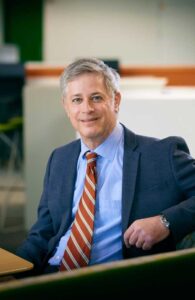
‘Provocations of privilege and end of life care for those from minoritised communities – How can we be the better specialty?’
Professor Jonathan Koffman has a BA in Social Administration, an MSc in Sociology as Applied to Medicine and a PhD in Cancer Studies from King’s College London. He previously worked at the Cicely Saunders Institute at King’s College London where he developed a programme of work on disadvantaged dying and researching clinical uncertainty. For five years he was Postgraduate Dean for Taught Studies in the School of Medicine and was awarded a Teaching Excellence Award for his undergraduate and postgraduate teaching.
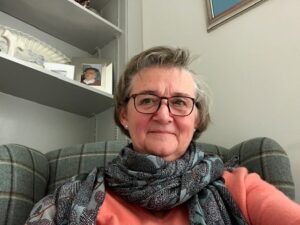
‘Supporting practice-based learning in relation to death and dying for care home staff: monthly reflective debriefing session.’
Jo Hockley trained as a nurse at St Bartholomew’s Hospital, London in 1970. After working as a midwife, she then moved into hospice and palliative care having the privilege of working at St Christopher’s Hospice with Dame Cicely Saunders. She has worked as a nurse specialist in palliative care in a number of different settings and has a passion for empowering the generalist in in their knowledge of palliative and end of life care. For the last twenty years as a result of her PhD, Jo has worked exclusively in research and quality improvement initiatives in care homes. She was awarded an OBE in 2014 for her work in palliative care. Jo recently retired from The University of Edinburgh where she has been a Senior Research Fellow in the Primary Palliative Care Research Group.
Want to join us at this years conference? See the details for our 2024 conference
Where to next?
-

Join our healthcare professionals mailing list
Stay up to date with Rennie Grove Peace services, training, consultations and networking opportunities.
Read more
-

Training for care homes and social care providers
Palliative and end-of-life care training for care home managers and social care providers.
Read more
-

Clinical recruitment
Be part of something special. Find out what it means to be part of a close-knit and caring clinical team, supporting our patients to the very best of our abilities.
Read more
